#david ferris
Explore tagged Tumblr posts
Text
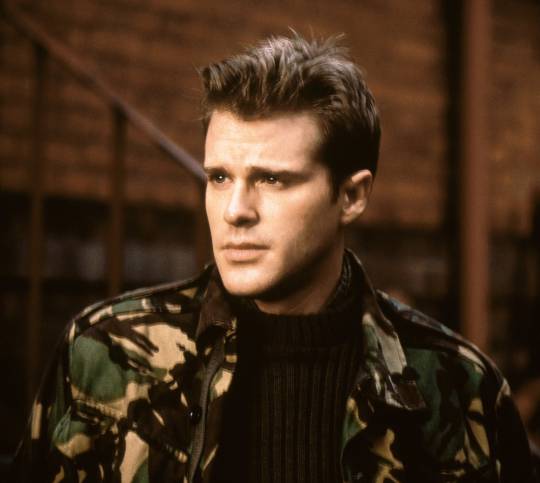
Cary in a promotional photo for 'The Informant' (1997) as Lt. David Ferris
45 notes
·
View notes
Text
The A to Z of Cary Elwes
D is for David Ferris (The Informant)
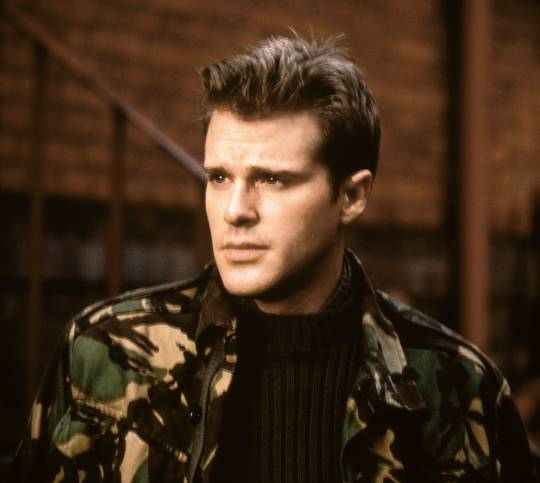
17 notes
·
View notes
Text
You guysssss. Like...go read. Or listen. Whatever. Oh and there's a movie based on the forst book, "Lick", on Prime Video (may be on other platforms depending on where you live), which is spot-on. Fans of accurate book-to-movie adaptations should give this a try.
Plus...Travis Burns? I didn't know him but he's a fine, fine man and despite not being exactly like his character, physically, he did an amazing job.

Also, so, so glad curvy female characters are getting the spotlight they deserve. Like, for real.

And now I hope Passionflix decides to make the other three movies based on the books within this series because they'd be perfect!
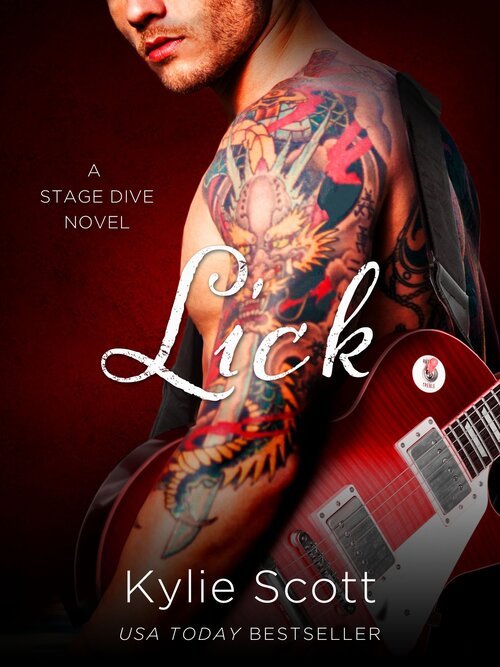

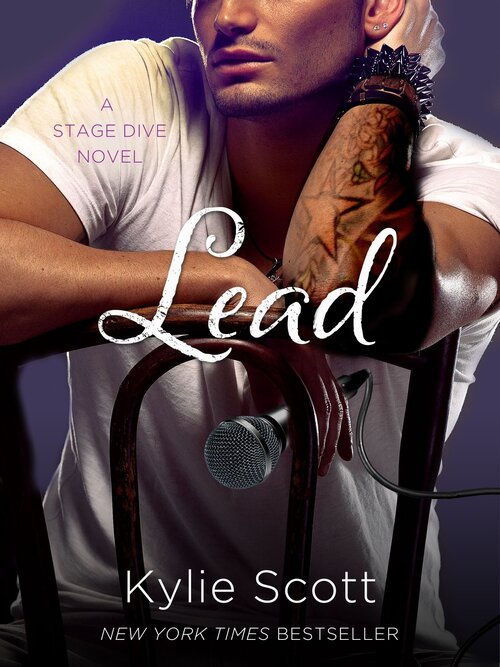
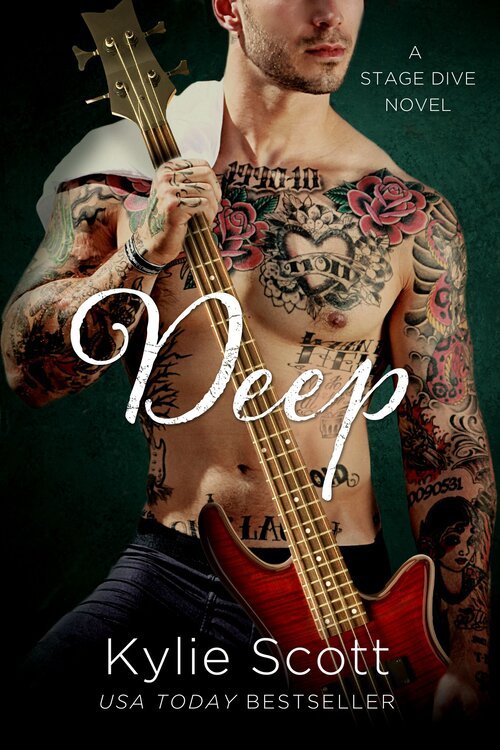
You know what's really good? Kyle Scott's Stage Dive series.
18 notes
·
View notes
Text
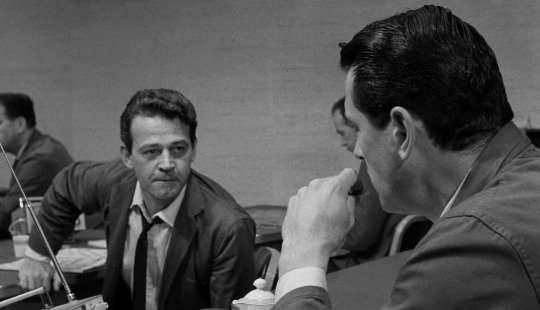
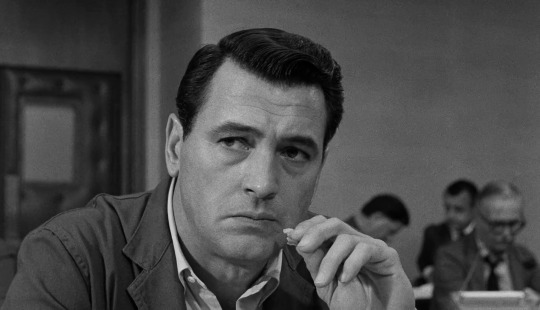
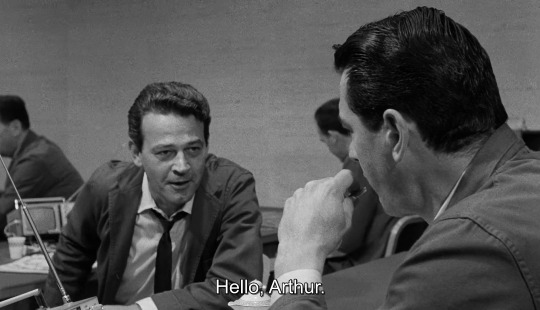
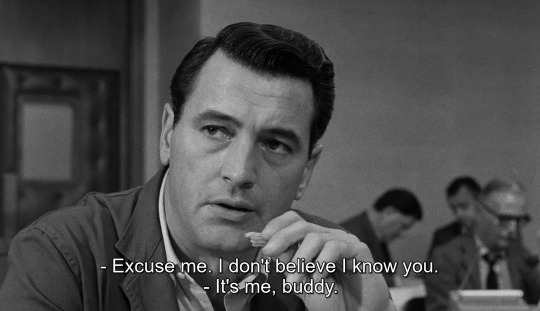


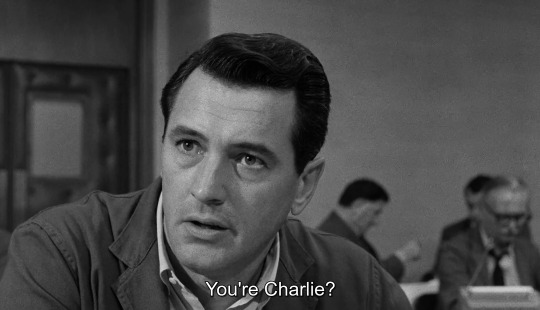

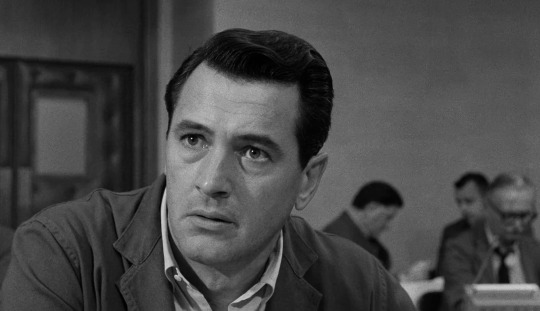

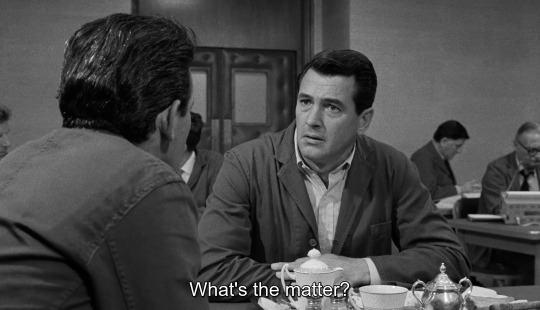

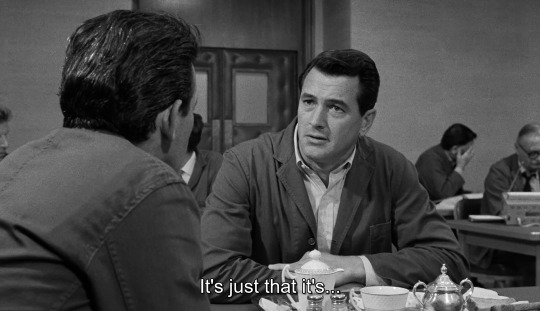
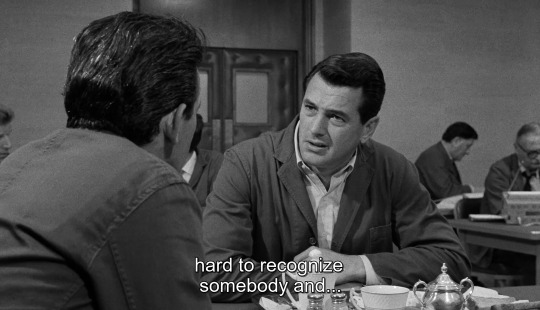
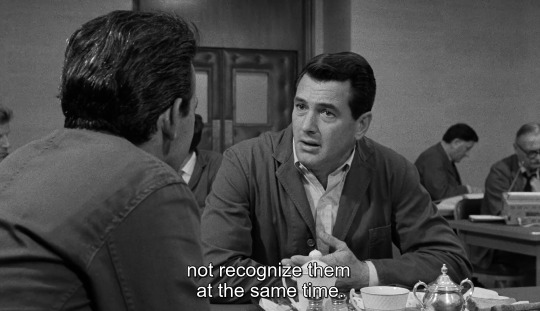
Seconds (John Frankenheimer, 1966).
#seconds#seconds (1966)#john frankenheimer#rock hudson#lewis john carlino#murray hamilton#james wong howe#ferris webster#david newhouse
156 notes
·
View notes
Text










How to style animal print (maybe)
#rod stewart#iggy pop#bryan ferry#brian eno#roxy music#mick jagger#keith richards#the rolling stones#david bowie#bette midler#marc bolan#t rex#queen#roger taylor
100 notes
·
View notes
Text
Omg I forgot how much I love castle trio
#rewatching castle of glass#shaking themmmmm /vvpos#castle trio#castle trio fable smp#Ferris nightingale#centross david mistvale#rae morningstar#fablesmp#fable smp#flameish posts things
50 notes
·
View notes
Text
Today I'm thinking about the degree to which a person is responsible for the loyalty they inspire in others.
To be more specific, I'm continuing my rewatch and thinking about the degree to which Franklin is responsible for the loyalty he has inspired in poor wee David Young.
-
Young's death is a foregone conclusion, one that's been years in the making to the point where he thinks nothing of his gruesome symptoms, yes. But his lionisation of Franklin is also a not-insignificant factor in Young neglecting to speak up about his failing health.
"I didn't want to disappoint Sir John..."
Then, as he continues to decline, Young relinquishes any semblance of bodily autonomy he ever had. He's terrified at the thought of being cut open and examined, begs for Goodsir to promise to refrain from doing so. But again, his loyalty to Franklin wins out - he trusts completely that whatever Franklin orders must be for the good of the crew.
"If Sir John orders it I will do it..."
And even as death rapidly approaches, Young isn't entirely free in his own mind either. He's an extremely vulnerable young man, little more than a child really. He's 3000 miles from home. He's dying and there isn't a thing anyone can do to stop it. He's even separated from his fellow Terrors now, friends who clearly cared for his well-being and could have been at least a small comfort to him as he passed.
Young is so so frightened and he can't even fully admit to and confront that fact because of Franklin.
"And don't tell Sir John I was afraid..."
-
I'm not sure yet what my point is really.
Young's loyalty and devotion to Franklin serves to make his death just that more desperate and traumatic than it otherwise would have been and it just feels like there ought to be consequences for that somehow. It feels like someone ought to pay for the tragedy of it all...
#And that's not even touching properly on Franklin's own actions#Having Young ferried about needlessly and eulogising him in the most hollow self-serving way possible etc. etc.#Perhaps Franklin isn't responsible for the loyalty he inspires#But he's definitely responsible for his carelessness and callousness in the face of that loyalty#For getting the love he so dearly craved and failing utterly to recognise or really appreciate it once he had it#And in doing so acting in a manner that made the situation worse still#I have more thoughts on this#(Don't I always?)#The Terror#The Terror AMC#The Big Terror Rewatch#S01E01#Go for Broke#David Young#Sir John Franklin#And of course it's a recurring theme throughout the story#Loyalty and devotion to the point of delusion#Loyalty and devotion that only begets misery in turn#Crozier serving an Empire and an Admiralty that is actively prejudiced against him#Gibson remaining devoted to Hickey and being slaughtered like an animal in return#Maybe even Stanley so beholden to his oath to do no harm that he's prepared to burn them all in hopes of saving further suffering#I could go on but I've made myself emotional enough already
64 notes
·
View notes
Text


Bassist Herbie Flowers, Session Musician and Former Member of T. Rex and Sky, Dies at 86
Bassist Herbie Flowers, a former member of T. Rex and Sky who played on sessions for David Bowie, Lou Reed and others, has died at 86.
His death was confirmed by Hurst Festival, where Flowers was scheduled to play later this month. No cause or date was given.
“He was an amazing person and will be missed,” festival organizers said.
A member of T. Rex and Sky, Flowers is perhaps best known for his session work, which is said to have exceeded 500 recordings by the end of the 1970s. He played alongside Elton John, Roy Harper, Al Kooper, Bryan Ferry and every Beatle save for John Lennon, with his most-famous basslines featuring in David Bowie’s “Space Oddity” and Lou Reed’s “Walk on the Wild Side.”
Through his connection to Paul McCartney, Flowers helped set in motion the events that eventually led to Laurence Juber joining Wings, the drummer said.
“He was a great bass player, a friendly fellow and an inspiration to me as an up-and-coming session player in London,” Juber wrote on social media.
Flowers was a “bass legend,” Chris Wood said. “One of the greatest bass players of all time,” is Fernando Perdomo’s assessment. And Leland Sklar mourned the man he called, simply, “the great Herbie Flowers.”
“A true legend of the instrument,” said bassist Guy Pratt. “There was only one Herbie Flowers.”
9/8/24
#herbie flowers#sky#t. rex#david bowie#lou reed#velvet underground#al kooper#blood sweat and tears#bryan ferry#roxy music#elton john#the beatles#paul mccartney#ringo starr#george harrison#paul mccartney and wings#laurence juber#roy harper#chris wood#the wood brothers#medeski martin and wood#fernando perdomo#leland sklar#guy pratt#pink floyd
24 notes
·
View notes
Text


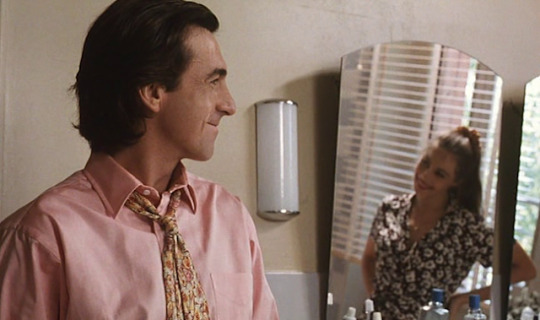







L'enfer (Torment, 1994)
"I'm jealous."
"Jealous? Of whom? Of what?"
"I don't know. But it's killing me. It's killing me."
#l'enfer#hell#torment#french cinema#claude chabrol#1994#henri georges clouzot#jean ferry#josé andré lacour#emmanuelle béart#françois cluzet#nathalie cardone#andré wilms#marc lavoine#christiane minazzoli#dora doll#mario david#jean pierre cassel#sophie artur#thomas chabrol#noël simsolo#matthieu chabrol#Chabrol's film was adapted from a Clouzot script; Clouzot had attempted to film it himself 30 years earlier‚ but the production was a#notorious disaster and filming was abandoned after the director suffered a heart attack. it's irresistible‚ watching this‚ to wonder what#Clouzot would have done with the material. irresistible but pointless. the version we have is very recognisably the work of Chabrol‚#with his signature restless camerawork and very gradual escalation of tension without the catharsis of conclusion#largely a two hander between Béart and Cluzet‚ this is an increasingly uncomfortable study of one man's jealous insecurity and his#gradual descent into a madness of his own creation. it's a tough watch at times‚ particularly in the final act‚ and an infuriating one too#if i had to guess I'd imagine Clouzot may have (MAY have) had a little more empathy for the leads‚ where Chabrol's treatment is in the main#part a fairly clinical one (not that it doesn't let that final scene punch you in the gut‚ lent even more unease by its uncertainty)
6 notes
·
View notes
Text
The License Plate
On the way back from the hospital we saw A message on the license plate of a car. It said GOD HAS. Has what? Decided finally what to do about it? The answer to the question that you asked? The whole world in His Hands? Fucked up? Again? Apologized? Failed to apologize? The car went on its way ahead of us.
David Ferry, Of No Country I Know: New and Selected Poems and Translations (The University of Chicago Press, 1999)
#poetry#david ferry#the license plate#of no country i know#of no country i know: new and selected poems and translations
12 notes
·
View notes
Text
DAVID HALLER READING LIST

have you ever wanted to read a story that will make you go 'hm, i can't decide if this depiction of DID is surprisingly progressive or reductive for the time'? have you ever wanted to kill charles xavier more than you already do? have you ever just wanted to see a 14 year old be the worst person in a 100 mile radius? luckily for you i've dedicated a non insignificant amount of time and brainspace to thinking about little miss ableism, david charles haller. below the cut is a list of recommended reading for getting into him and his miserable life, links included.
LEGION: SON OF X/X-MEN LEGACY VOL. 2 this is quintessential david reading, and while it's not where david's story starts, it's where i would recommend new readers begin. it's fairly self contained and gives us the basis for a lot of his modern characterization, as well as having a depiction of david's DID that resonates a lot with me. read lsox/xml vol 2 Here.
LEGION: SHADOW KING RISING shadow king rising is also quintessential david reading, and what i would recommend new readers read second. shadow king rising collect's davids first appearances and documents his time on muir island and also that time he killed destiny! whoopsies! read it here. also, you should read this specific issue of x-men forever.
X-MEN: AGE OF APOCALYPSE PRELUDE hey, remember destiny and how david killed her? well, there were some consequences for that action. age of apocalypse prelude explores the consequences of that, notably mystique trying to kill him. also, david tries to kill magneto and kind of fucks up spectacularly. read it here.
NEW MUTANTS VOL. 3: RETURN OF LEGION david was in the otherplace. now he's back. he's not having a very good time. start here to issue 5, then issue 14 so you can see his torture chamber, and then issue 24.
X-MEN: AGE OF X david shunts everyone into an alternate dimension again, this time spurred by medical abuse! you can read this entire thing if you want here, but what's really important is.....
X-MEN: LEGACY VOL. 1 ISSUES 247-253 more age of x stuff! and also aftermath! and also lost legions! just a whole bunch of stuff for davey boy. he gets to hang out with magneto. start here, end at 253.
WAY OF X way of x is a kurt book. but david is there. i'm not the biggest fan of what's currently going on with david, but he is there. read it here.
LEGION OF X legion of x is a kurt book being billed as a david book. it's fine. i really like the judgement day issue. this is what is currently going on with david. read it here.
anyway, that's just about it for charles' firstborn and least favorite son! he's had other appearances, but these are the ones that i think are easiest to collect and are the most important for his character. happy reading!
143 notes
·
View notes
Text
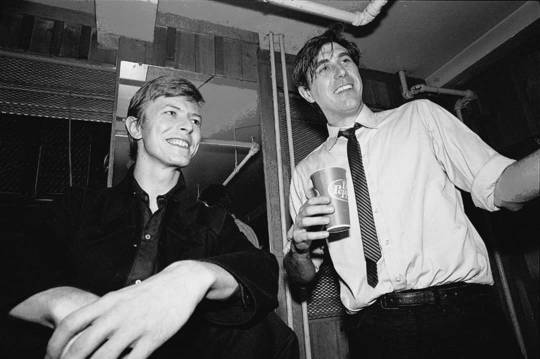
Photo: Ebet Roberts
24 notes
·
View notes
Text
davey jack and kath are literally just cameron ferris and sloane. you can’t convince me otherwise
#no see see it makes sense bc#it makes sense bc cam ferris and sloane are all dating and so are jack davey and kath. two iconic power throuples#jack kelly#davey jacobs#david jacobs#katherine pulitzer#newsies#livesies#uksies#newsies musical
97 notes
·
View notes
Text
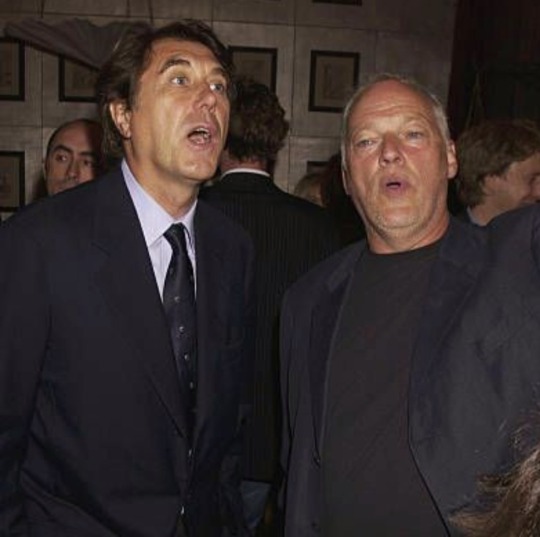
Merry gents! Bryan Ferry and David Gilmour
7 notes
·
View notes
Text
Pride Month 2024 Masterlist
A masterlist for the fics I've written in celebration of Pride Month.
#1 - Schitt's Creek: Being Roland and Jocelyn Schitt’s Trans/Nonbinary Kid (headcanons)
#2 - Ferris Bueller's Day Off: You’re Still You (one-shot) [genderfluid!reader; bisexual!Cameron Frye]
Cameron [Frye] has had a crush on you for years, but will your admission be enough to change that? (spoiler alert: no)
#3 - Ghosbusters: Not A Girl, Or Anything, Really (ficlet) [nonbinary!Phoebe Spengler; nonbinary!reader]
In the midst of a gender crisis, Phoebe confides in you.
#4 - Ferris Bueller's Day Off: You're Still You (one-shot) [nonbinary!reader; bisexual!Cameron Frye]
An alternative version of You're Still You, in which the reader is nonbinary.
#5 - Bridgerton: Incongruence (ficlet) [nonbinary!reader]
Amidst an identity crisis, you confide in Eloise [Bridgerton].
#6 - The Last of Us (HBO): Not Right (ficlet) [nonbinary!aroace!reader]
Ellie [Williams is] the first to know when you realise something’s not right.
#7 - Schitt's Creek: Alexis Rose, David Rose and Stevie Budd with a Nonbinary S/O (headcanons)
#8 - Malcolm in the Middle: Being the Nonbinary Wilkerson Sibling (headcanons)
#9 - Community: Being Nonbinary in the Study Group (headcanons)
#10 - Bridgerton: Love is Understanding (one-shot) [nonbinary/genderqueer!reader; pansexual!Benedict Bridgerton]
It should be simple: Benedict Bridgerton is in love with you, and you are in love with him. But, you have a secret, one that you believe threatens your chance at a happily ever after with the only man you’ve ever loved.
#pride month#pride month 2024#x reader#schitt's creek#schitts creek#roland schitt#jocelyn schitt#ferris bueller's day off#cameron frye#ghostbusters#phoebe spengler#bridgerton#eloise bridgerton#the last of us#tlou#ellie williams#alexis rose#david rose#stevie budd#malcolm in the middle#community#abed nadir#annie edison#britta perry#jeff winger#troy barnes#shirley bennett#pierce hawthorne#benedict bridgerton
14 notes
·
View notes
Text

Bryan Ferry: Boys And Girls
EG 825 659-1
Released: 3 June 1985
#meine photos#vinylcollection#1985 music#bryan ferry#vinyloftheday#alan spenner#alfa anderson#andy newmark#anne stephenson#chester kamen#colleen fitz-charles#david gilmour#david sanborn#ednah holt#fonzi thornton#virginia hewes#guy fletcher#jimmy maelen#jon carin#keith scott#lisa fitz-charles#marcus miller#mark knopfler#martin mccarrick#michelle cobbs#neil hubbard#neil jason#nile rodgers#omar hakim#rhett davies
3 notes
·
View notes